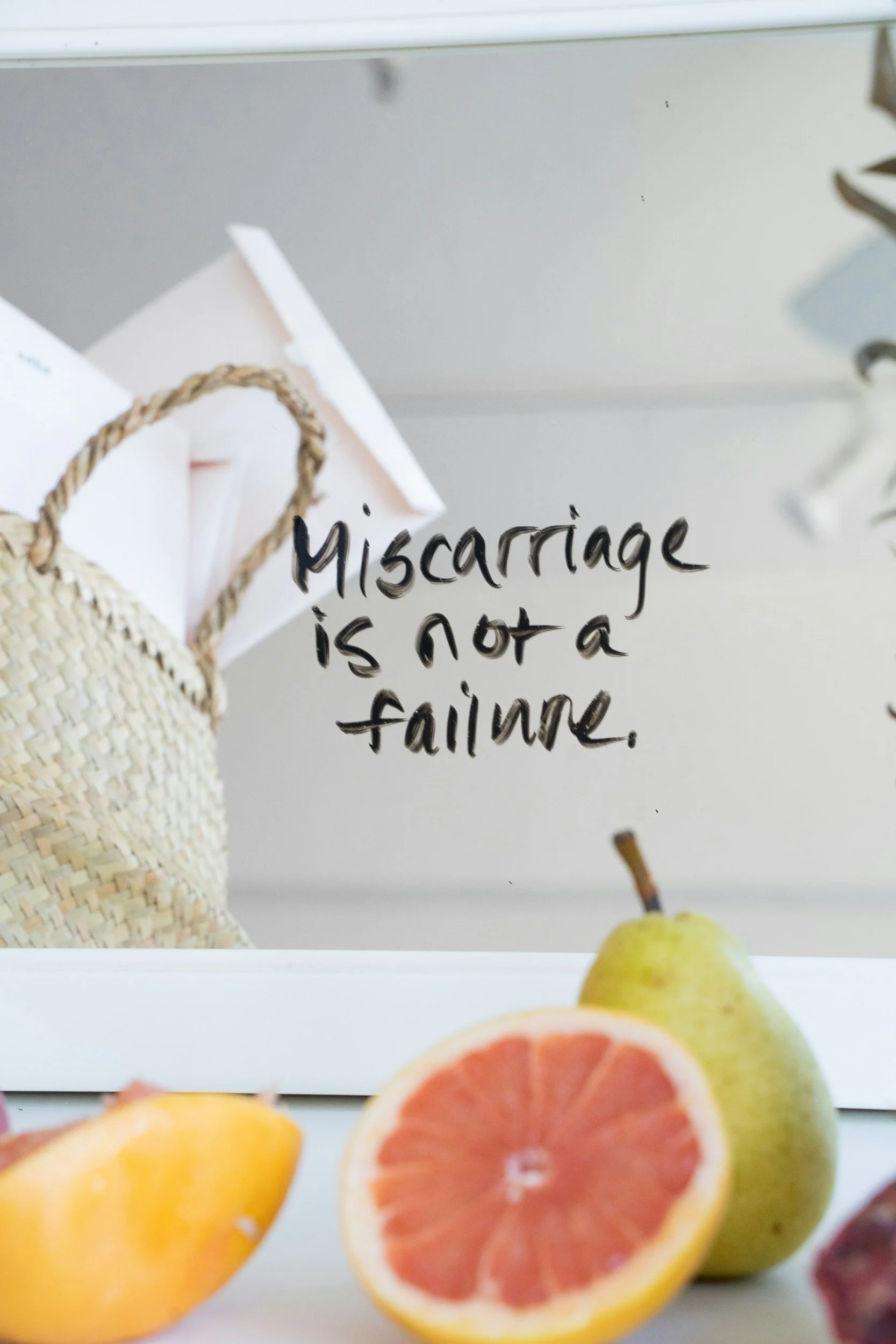The Support I Needed But Didn’t Receive After Miscarriage
In 2021, I was so happy to get pregnant on my very first try. Since I had been actively trying, I tested early and found out I was pregnant even before my missed period. At the same time, I felt nervous—working in postpartum mental health, I was well aware of how often miscarriage can happen.
I called my OBGYN right away, only to be told I’d have to wait until 8 weeks for my first appointment. That felt like an eternity. In the meantime, I began to feel pregnant—exhausted, nauseous, and constantly hungry. By the time my appointment finally arrived, I walked into the office full of hope, only to learn there was no baby yet. Just a fetal pole and sac.
The doctor suggested I may have miscalculated my ovulation date, that maybe it was just too early. But I knew I hadn’t. Still, I was told to wait another two weeks before coming back. Shocked and uneasy, I didn’t know what to do in that waiting period, already fearing what was to come.
Two weeks later, I returned for another scan, my anxiety through the roof. The ultrasound confirmed what I had been dreading—my baby had never grown past six weeks and no heartbeat was present. I was devastated. Ushered into another room to wait for the doctor, I was given two options: pills or a D&C. She was as gentle as she could be, but I still felt unsupported and alone.
There were no resources about what to expect, no guidance on where to seek emotional support, no conversation about what came next. Just pills, and then a follow-up appointment. The process was painful, isolating, and disorienting. Even more difficult, when I returned for that follow-up, I had to sit in a waiting room surrounded by glowing pregnant women, while I was actively grieving my own loss.
This experience is one of the reasons I now work with women who are trying to conceive, pregnant, or postpartum. I don’t want any other woman to feel what I felt—lost, alone, and unsupported.
So, what do I wish my OBGYN had known?
I needed more than a 5-minute appointment to decide how I would lose my baby. I needed time, space, and compassion.
I didn’t need to be reminded that miscarriage is common. For me, this wasn’t just a statistic—it was the loss of my child, and a profoundly life-altering experience.
I needed to be shielded from waiting rooms full of expectant mothers. A private space, or even the option to wait in my car, would have been a small but meaningful act of care.
I needed thoughtful follow-up. Not just reassurance that “it will probably be fine next time,” but a plan, support, and acknowledgment of the emotional toll this loss carried.
Looking back, I realize that what I longed for most was to be seen and supported through my loss not rushed, minimized, or left on my own to navigate such a painful experience. Miscarriage may be common, but for each woman who goes through it, the pain is deeply personal. My hope is that by sharing my story, more providers will recognize the profound impact of early pregnancy loss and the importance of compassionate, individualized care.
💜 If you’ve experienced miscarriage or pregnancy loss, you don’t have to go through it alone. I offer compassionate support to help you process, heal, and feel grounded as you move forward. Reach out today to begin your journey toward healing.

